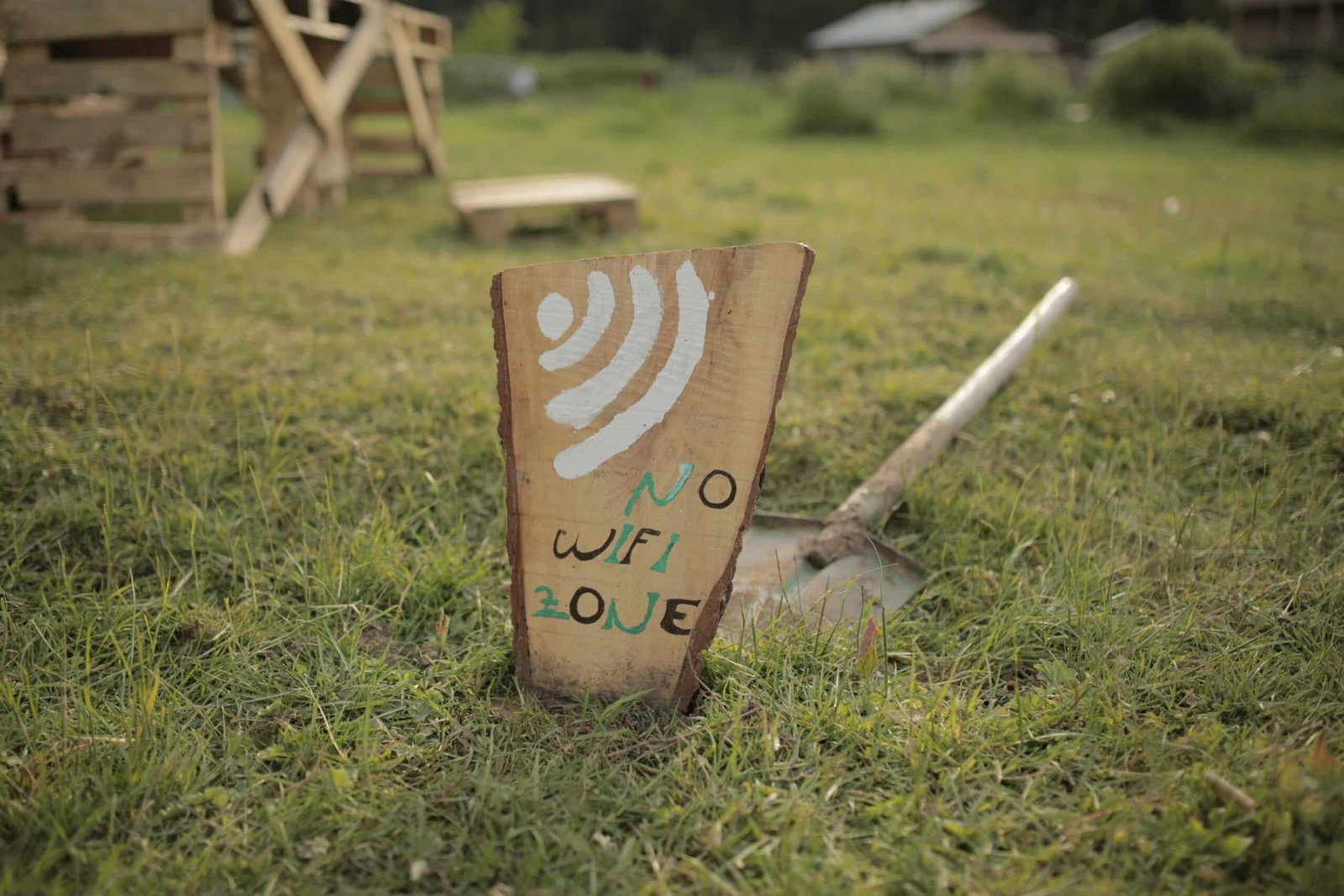Airbnb Noise complaint fine for hosts: What you need to know

As an Airbnb host, managing a rental property goes beyond providing a clean and inviting space. It's also about ensuring that the peace of your neighbors is preserved. Noise complaints can have serious implications, potentially leading to fines and strained relations with those living nearby.
In this article, we delve into the best practices to prevent and handle noise complaints and discuss the consequences that follow.
Understanding how to navigate the tricky terrain of noise regulation is essential.
Whether you're new to Airbnb hosting or you've been doing it for a while, it's important to be informed about the local laws and the airbnb noise complaint fine for hosts.
- Airbnb Noise complaint fine for hosts
- How Can Airbnb Hosts Prevent Noise Complaints?
- What Are the Consequences of Noise Complaints for Airbnb Hosts?
- How Should Hosts Communicate with Neighbors About Noise Issues?
- What House Rules Should Airbnb Hosts Implement to Avoid Complaints?
- How to Handle a Noise Complaint from a Guest on Airbnb?
- What Are the Local Regulations Regarding Airbnb Noise Complaints?
- How Can Hosts Navigate Tax Obligations Related to Noise Complaints?
Airbnb Noise complaint fine for hosts
"As a host, I appreciate the noise complaint fine system because it helps maintain peace in my neighborhood. The fine acts as a deterrent for unruly guests, and since its implementation, I've noticed a significant decrease in noise issues. It also reassures my neighbors that I'm committed to being a responsible host." — Mary Evans, Los Angeles, CA
"The fine system is frustrating. I had a guest who claimed they weren’t making noise, but I was still hit with a fine. It’s tough when you’re hundreds of miles away and can't verify what really happened. I felt penalized for something out of my control." — Jason Rivera, Miami, FL
"I think the noise complaint fine is fair. It’s a good way to hold guests accountable. I make sure to clearly communicate house rules, and since then, I've had fewer incidents. It helps me keep my property in good standing with the community." — Samantha Jones, Austin, TX
"I received a noise complaint fine after one of my guests hosted a small gathering. The guests told me it was quiet, but I was still fined. It feels like the system assumes the host is always at fault. Airbnb needs to improve how they verify complaints." — Daniel Thompson, Chicago, IL
"The noise fine policy has made me more diligent in screening my guests. I explain the consequences upfront, and it seems to deter potential issues. Overall, I'm happy with how it helps keep things quiet and my neighbors happy." — Linda Baker, Seattle, WA
"I had a terrible experience with the noise complaint fine. I wasn’t even notified until after the fine was issued. It felt like Airbnb didn’t give me a chance to explain or defend myself. The system is flawed and unfair to hosts who are trying their best." — Robert Harris, New York, NY
| Full Name | Rating |
|---|---|
| Mary Evans | ★★★★★ |
| Samantha Jones | ★★★★ |
| Linda Baker | ★★★★ |
| Jason Rivera | ★★★ |
| Daniel Thompson | ★★ |
| Robert Harris | ★ |
How Can Airbnb Hosts Prevent Noise Complaints?
Preventing noise complaints is far better than dealing with the ramifications they bring. As a host, there are several proactive measures you can implement to minimize the risk of disturbance. Begin by clearly communicating house rules regarding noise levels and quiet hours.
Environmental control also plays a crucial role. Consider providing white noise machines, installing soundproofing materials, or designating specific 'quiet areas' in your property. It's beneficial to assess your property during different times of the day to identify potential noise issues.
Regular maintenance checks can prevent unexpected noise sources, like a malfunctioning HVAC system. Moreover, screening guests for suitability and setting expectations upfront can discourage disruptive behavior.
Lastly, building a good relationship with your neighbors allows for open communication, which can preempt complaints and promote understanding.
What Are the Consequences of Noise Complaints for Airbnb Hosts?
The consequences of noise complaints can be significant. The most immediate is the potential for an airbnb noise complaint fine for hosts. These fines can vary greatly depending on local regulations and the severity of the incident.

In addition to fines, hosts can face suspension or removal from the Airbnb platform, which can have long-term financial impacts. It's also possible to see an increase in insurance premiums or even legal action from neighbors if the issues persist.
There's also the damage to your reputation as a host. Negative reviews can deter future guests and reduce your occupancy rates. It is therefore crucial to address noise issues promptly and effectively.
How Should Hosts Communicate with Neighbors About Noise Issues?
Effective communication strategies are key to maintaining good neighbor relations. Introduce yourself and provide your contact information, reassuring neighbors that you're responsive to their concerns.
It's wise to inform neighbors about your Airbnb hosting and discuss potential noise issues in advance. This proactive approach can alleviate concerns and demonstrate your commitment to being a considerate host.
When noise complaints do arise, address them swiftly and sympathetically. Show that you take their comfort seriously and are taking steps to prevent future disturbances. Maintaining this dialogue can prevent escalation and maintain a harmonious community.
What House Rules Should Airbnb Hosts Implement to Avoid Complaints?
House rules are essential for setting clear expectations with your guests. Include straightforward guidelines on noise, such as specifying quiet hours and any restrictions on events or parties.
- Outline acceptable noise levels and the consequences of breaching these rules.
- Include reminders within your property, such as signs or notes in a welcome book.
- Consider a security deposit to cover potential damages or fines resulting from noise complaints.
- Implement a verification system for guests, ensuring they understand and agree to the rules.
By articulating these rules clearly, you can protect yourself from liability and encourage guests to behave responsibly.
How to Handle a Noise Complaint from a Guest on Airbnb?
When a guest reports a noise complaint, it's important to act quickly and with empathy. Start by acknowledging their discomfort and apologize for any inconvenience.
Investigate the complaint to determine its legitimacy and communicate the steps you're taking to resolve it. If the noise is coming from your property, offer immediate solutions and possibly compensation for the disruption.
In cases where the noise originates from elsewhere, assist the guest in dealing with the issue, such as contacting the source of the noise or helping them find alternative accommodations if necessary.
Follow up with the guest after the incident to ensure their satisfaction with how it was handled, and review your noise prevention strategies to avoid future complaints.
What Are the Local Regulations Regarding Airbnb Noise Complaints?
Local regulations for short-term rentals can vary widely. As a host, it's your responsibility to be informed about the specific laws in your area. These can include noise ordinances, zoning laws, and specific Airbnb regulations.
Failure to comply with these regulations can result in fines, legal action, and damage to your standing as an Airbnb host. Engage with local host clubs or consult with legal experts to ensure you're fully compliant. Remember, ignorance of the law is not a defense.
Noise complaints can indirectly affect your tax obligations. For instance, fines or legal costs incurred due to noise complaints can impact your profitability and thereby affect your tax reporting.
Keep meticulous records of any expenditures related to noise complaints. Consult with tax authorities or a tax professional to understand how to report these expenses and explore any potential deductions.
Being prepared and informed about the financial implications of noise complaints can help you navigate these situations more effectively and avoid surprises during tax season.

In conclusion, managing noise complaints as an Airbnb host requires a combination of proactive measures, effective communication, and compliance with relevant regulations. By understanding the implications of noise disturbances and taking steps to address them, you can maintain a successful and respectful hosting business.
Leave Your Complaint…

Related Posts